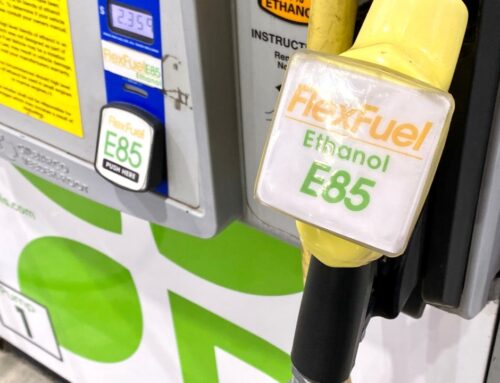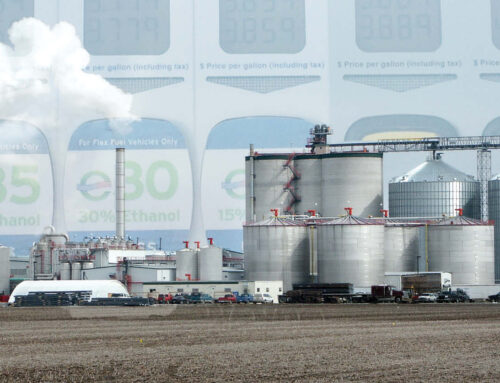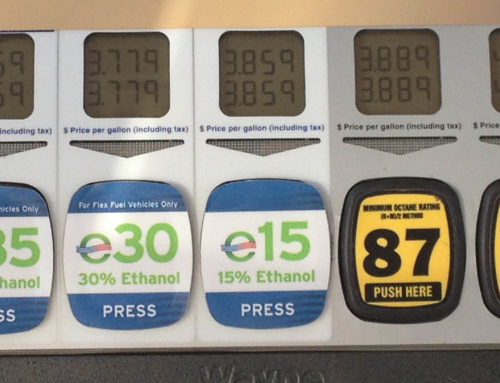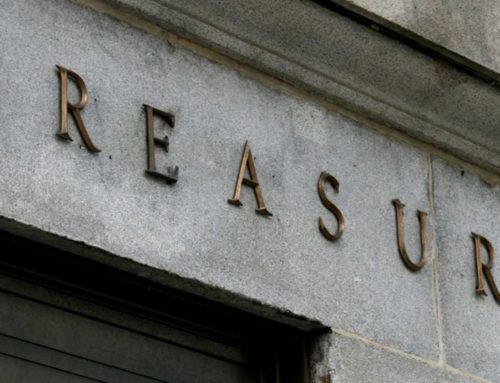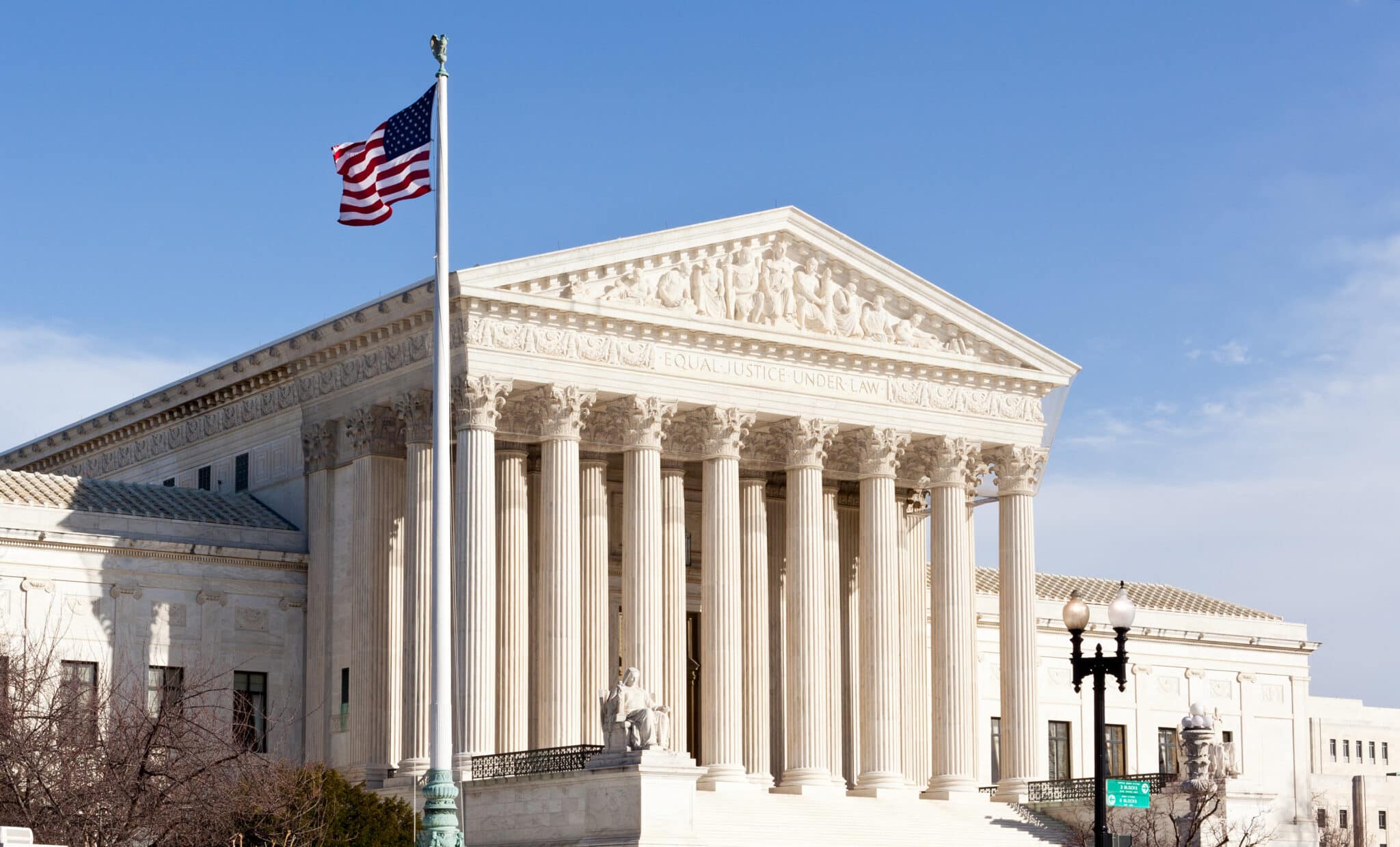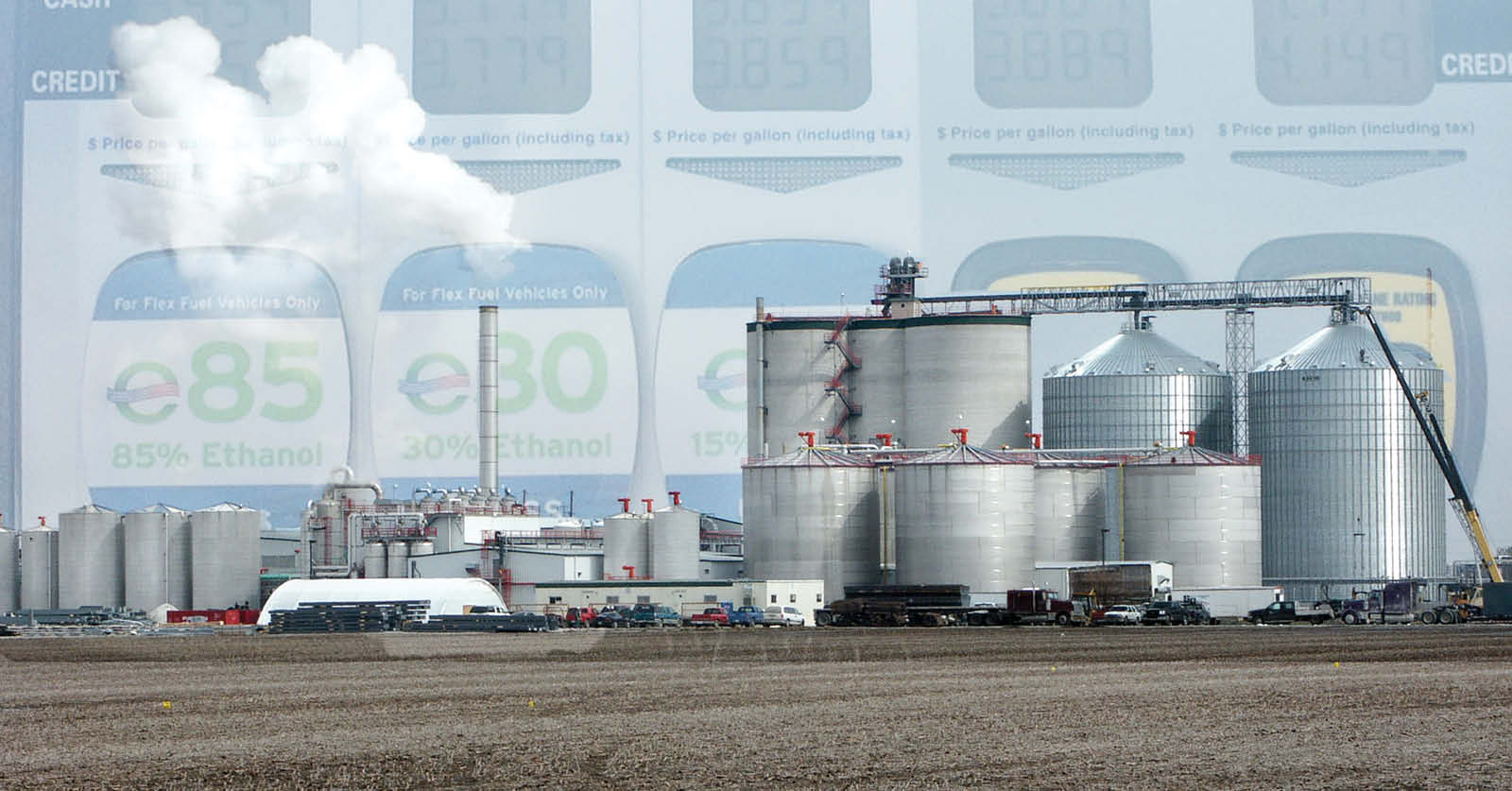Louisiana Governor Landry’s recent order to hit “pause” on new carbon dioxide injection-well applications is a victory for Louisiana taxpayers, landowners, and communities who’ve grown tired of footing the bill for risky carbon capture ventures. For too long, carbon capture and storage (CCS) has been touted as an innovative solution for reducing emissions. Yet despite generous federal tax credits and R&D grants, CCS remains heavily dependent on taxpayer subsidies, threatens private-property rights through eminent domain, and puts communities at risk of groundwater contamination.
After spending billions of taxpayer dollars, most CCS projects have been abandoned or underperformed—leaving taxpayers to foot the bill. A study examining eleven federally funded projects found that eight failed or were canceled, wasting hundreds of millions of dollars on projects that were never built. And even when projects were built, they missed their targets. According to the Institute for Energy Economics and Financial Analysis, not a single commercial CCS project has reached its target CO2 capture rate.
And it’s more than money that’s at stake. Carbon pipelines and underground storage sites pose real dangers—ruptures, groundwater contamination, and the looming threat of eminent domain abuse. In Satartia, Mississippi, a CO2 pipeline rupture sent dozens to the hospital. In Illinois, leaks from a carbon sequestration site near the sole source of drinking water for nearly a million residents have raised alarms about groundwater contamination. Many CCS developers are claiming “common carrier” status—despite offering little public benefit—to justify seizing private land for pipelines and storage sites, often against landowners’ will.
Following fierce opposition from local residents and parishes, Governor Landry issued Executive Order JML 25-119, directing the state Department of Energy and Natural Resources to temporarily stop accepting new Class VI well applications—a category of injection wells used by CCS projects to store captured carbon—while the state develops stricter oversight, financial-assurance, and safety standards. The order does not halt reviews of existing applications; instead, it requires the agency to re-evaluate pending projects, coordinate with other state and federal agencies, and ensure greater transparency and public participation before any new Class VI permits are issued.
The EPA typically oversees these injection wells but can grant states the authority to administer the program as well—a process known as “primacy.” Louisiana received primacy from EPA in December 2023, giving the state authority to issue Class VI permits. The first permit authorized the injection of up to 2 million metric tons of CO2 per year for 20 years for a single project, and since then, 33 applications have been filed. The order and accompanying departmental guidance set clearer review timelines, prioritize only a handful of existing projects for continued assessment, and strengthen public-comment and landowner-rights provisions.
This is not the first step Louisiana policymakers have taken to protect Pelican State taxpayers and communities. The state legislature passed several laws in June to protect landowners from eminent domain abuse by CCS pipeline developers. One requires disputes to be settled in the parish where they arise. Another requires companies to prove that a CO₂-storage or pipeline project provides a public benefit before land can be taken. A third requires consent from 85% of landowners before a carbon-injection well can be located in an area.
Louisiana is on the right track: real emissions reduction should not come at the expense of property rights, public safety, or fiscal responsibility. Unfortunately, federal lawmakers have gone the opposite direction and doubled down on CCS subsidies. The One Big Beautiful Bill passed earlier this year expanded the 45Q carbon capture tax credit instead of ending it. Originally projected to cost taxpayers more than $30 billion over the next decade, the latest expansion adds another $14 billion. The bill also increases the 45Q credit to $180 per ton for captured carbon used in enhanced oil recovery (EOR) projects—a technique the oil industry has relied on since the 1970s to extract more oil from aging wells. Now, companies conducting EOR as part of their normal operations will be rewarded even more generously by the supercharged 45Q credit.
By declaring this pause, Louisiana is protecting its communities with stronger rules, deeper scrutiny, and a fairer process that prioritizes residents over corporate CCS interests. It’s time for other states—and Congress—to follow suit. Instead of doubling down on costly, unproven CCS subsidies, policymakers should invest in emissions-reduction initiatives that truly benefit taxpayers and communities, or at least require stronger safeguards, transparency, and accountability for every taxpayer dollar spent.

